Food Imports from Africa
Food imports from Africa is one of a lucrative and profit-oriented businesses you can venture into considering the high volume of emigration of Africans to foreign countries in the search for greener pasture.
Considering the state of the global economy and the changing face of international regulation policies, there has never been a better time to work with a certified and licensed customs broker.
A customs broker facilitates the food import from African and export of your shipments through international customs by dealing with the complicated requirements and standardized procedures that are involved.
It’s best to let an experienced customs broker handle the paperwork, tariffs, and other customs matters while you and your employees focus on your own strengths. In general, your customs broker will take care of all the loose ends between the importer, exporter and governmental authorities.
Table of Contents
The Benefits of Using a Customs Broker for Your Food Imports from Africa
For any business that participates in high volumes of importing from Africa or exporting it is imperative to use a broker so that you can remain focused on what you do best.
Instead of spending your time overseeing subtle and complex customs procedures, let a professional leverage their experience to complete the job with precision, ease, and accuracy.
3 Specific Benefits of Working with A Customs Broker.
- Stay Up-To-Date with Policy and Regulation Changes – If you take it upon yourself to manage your food imports from Africa without using a customs broker there is a good chance thing will be running smoothly one day and terribly the next.
One of the main tasks of a customs broker is to keeps up with the policies and regulations specified by various agencies. Your broker will assume the responsibility of making sure your company is up-to-date in its compliance with these standards. By using an experienced custom broker your company avoids setbacks that cost time and money. - Take Advantage of Trade Opportunities – The same way your customs broker steers your company clear of shipment problems, they will also seek out and take advantage of applicable trade agreement opportunities. Trade agreements like The African Growth and Opportunity Act, or AGOA and others can reduce shipping duties and taxes, allowing your company to retain more money.
- Customs Brokers Come Equipped – A good customs broker comes equipped with all of the software, hardware and technology needed to manage your food imports from Africa, so there’s no need to shop around for the necessary resources. A quality broker has the tools to ensure timely delivery of goods to your customers and knows how to use them well.
appropriate for the job. If your Not all customs brokers are cut from the same cloth, and some might be more experienced or more appropriate for the job. If your company is unsure of how to select the best customs broker.
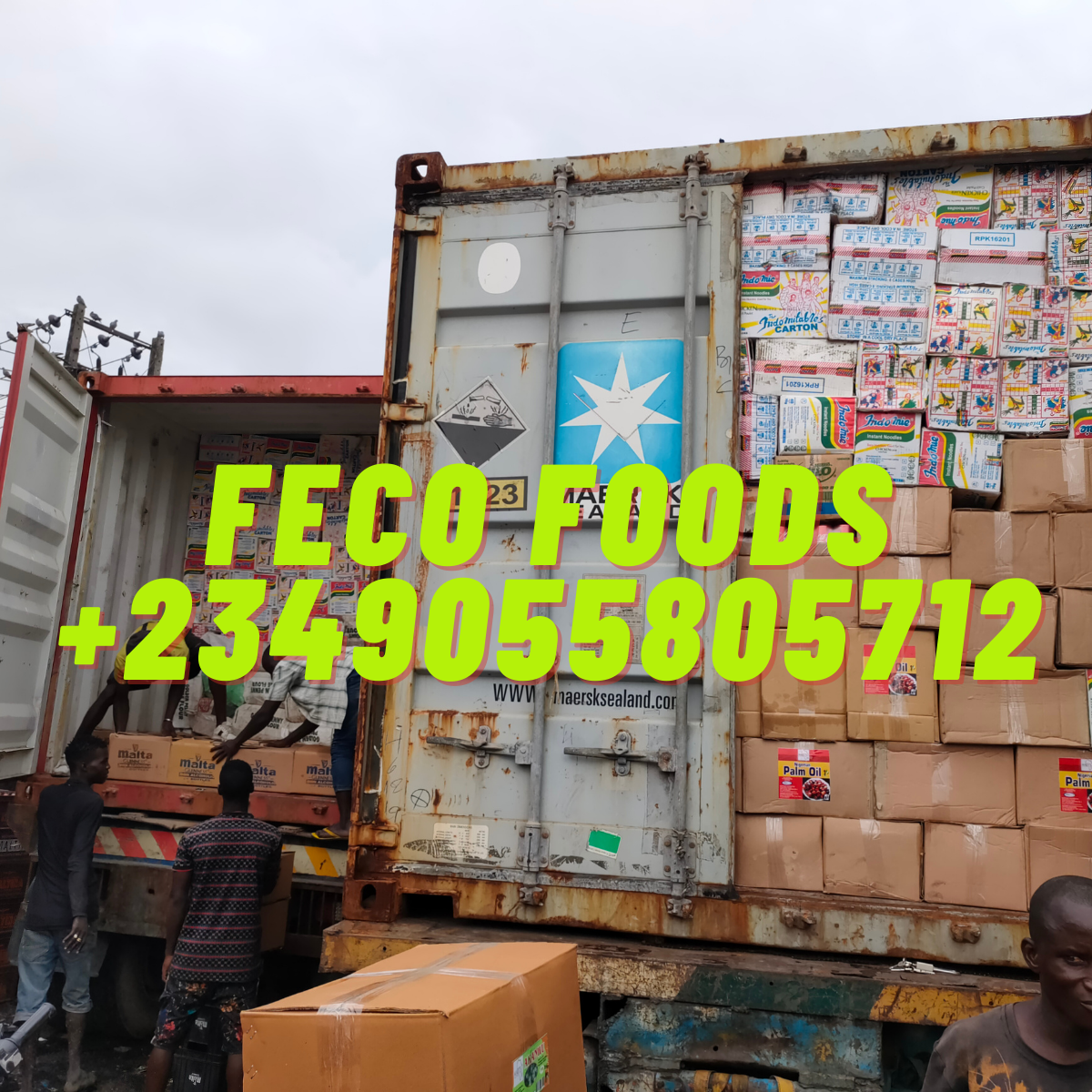
7 Guideline for Choose a Good Custom Broker
Use these guidelines to help you narrow down the choices and get started in the right direction.
- Choose a Specialty Broker. If you are importing food from Africa or exporting a specific type of product, a customs broker with experience in your niche or industry (i.e., automobiles, African foods, textiles, etc.) will be much more helpful than a generalized broker.
Not all brokers are experienced with specific products or specific agencies, so it is important to find one with a resume that meshes well with your requirements.
Not only will this save you headaches, but it saves you a considerable amount of time and money as well. - Choose a Broker with Positive References. Business is too fragile to invest in the wrong broker, so it’s best to learn from the mistakes and successes of the people around you.
When choosing a customs broker for your food imports from Africa, do your research and look beyond their marketing materials.
Ask for testimonials from previous clients or ask an unbiased third-party source for opinions and reviews. - Choose a Broker with Representation at Your Ports. Depending on the size of your African shop business you may be operating out of just one or perhaps several ports. Save time, money, and avoid complications by choosing a broker that has representation at the ports you are working with.
By choosing a broker who has ports at the correct locations you will have a great deal of control over food imports from Africa. On the other hand, if you chose a broker that doesn’t have a location at your port of choice, you lose an important aspect of control that your business needs to ensure things run smoothly. - Choose an Automated Customs Broker for Your Food Imports from Africa. It is important to choose a broker that is completely connected to the computer systems, portals and tracking sites that your operation will depend on.
By choosing a broker that has the tech resources to expedite your shipments, your company gains a significant competitive advantage.
Technology can make a lot of things easier when it comes to dealing with customs and reduces the amount of work required on your part in almost every case. - Choose a Broker That Can Handle Your Volume. Are you working with a large volume of goods? If so, it’s worth it to pick a broker that can dedicate their resources exclusively to your account. Your broker should know the ins and outs of your company and its import/export requirements to ensure proper usage of energy, time and budget.
- Draw Up A Contract. When working with a customs broker, it’s a smart idea to protect yourself and your assets by drawing up a contract to handle your food imports from Africa. Get a clear working agreement on paper that can be used if any issues arise.
If your broker objects, explain the contract is intended to protect all parties involved! The agreement should include pricing, scheduling, services, ports of usage, methods of shipment, termination policies, and any other legalities that protect and promote a positive, long-term relationship. - Shop Around. Never choose a customs broker without comparing at least a couple of different options. It is important to sacrifice some of your time in the short-term to shop around instead of rushing into a relationship with the wrong broker.
Depending on what your company needs it is important to compare pricing, experience, specialization, resource, and more. After speaking with several brokers, draw up a list of pros and cons that will help you visualize your decision.
Whomever you decided to work with, make sure they fully understand your company, its needs, and exactly what will be expected of them. Keep in mind that once you start working with your new broker, things may be a bit bumpy at the onset.
Allow time for your company and the broker to get used to one another before making any rash assessments. Communication is the key to success along with patience and a positive outlook. If a month passes and delays and setbacks haven’t subsided, it might be worth putting yourself back on the market for a broker that is a better fit for your operation.
11 Checklist of Documents Required for Customs Clearance of Food Imports from Africa
Food imports from Africa will be very profitable if your supplier from African can provide all the requirements needed by the country of destination. You can contact Feco Foods Industries Limited (www.fecofoods.com.ng) for your African foods supply and packaging.
The following are the essential documents for your food importation from Africa
- Commercial invoice containing bellow info:
- Invoice number and date of issuance, with the name INVOICE
- Place and date of issuance,
- Full details of the selling and buying party,
- Full terms of delivery, as according to INCOTERMS regulations, with the name of the place, where the ownership has been transferred/ with an indication of the place (delivery / destination) or port,
- Name of the cargo for every position, with indication of the currency,
- Record defining the country of origin (ex. Country of Origin…, Made in… etc.)
- Cargo specification (Packing list) containing bellow info:
- Number of packages,
- Type of packaging,
- Net and Gross weight, followed by a summary
- Transport document:
- Bill of lading,
- AWB
- SMGS
- CMR
- or any other document concurrent with the Packing. List in terms of gross weight and number of the packages
- DSK/ATB (Summary declaration) document from the customs warehouse; release form of full container / LCL shipment from the terminal system, or PIN number (f.e. at DCT terminal)
- Commercial invoice’s translation – with the trade name, % composition and the HS codes of the cargo (the translation may be sent via e-mail)
- VAT invoice / statement about the costs of the transportation (incl. the costs of the insurance) in case of the INCOTERMS from “E” or “F” groups, the statement / VAT invoice should contain the info about the foreign costs.
- Original power of attorney for customs clearance
- Power of attorney for border inspection signed by authorized person.
- Certificate of origin (Form A, EUR1, ATR) or invoice with country-of-origin declaration if preferential duty rate is applicable
- Declaration or Certificate of Conformity
Issued by producer or manufacturer of the cargo - Health certificate, quality certificate, test certificate:
For food products, consumable goods from: Sanitary epidemiological station, Inspectorate of Health and Seed Inspection, Veterinary inspection
Food imports from Africa can be made easy when you have experience supplier and a reputable packaging company such as Feco Foods Industries Limited, we are registered and experienced African foods products supplier and packaging company. See the list of some of the custom brokers

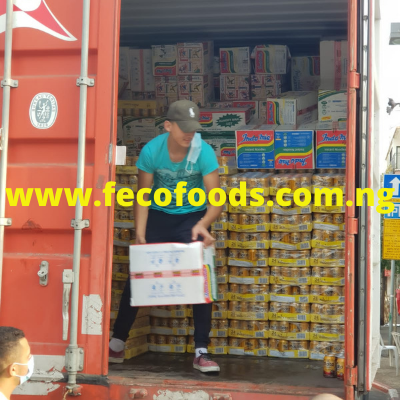
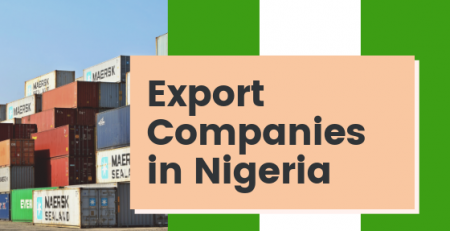
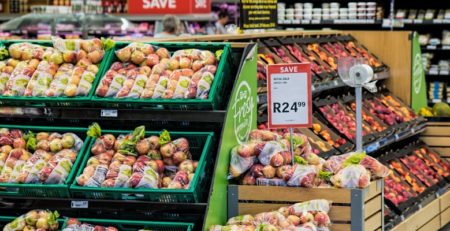
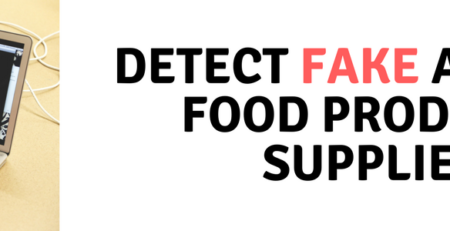
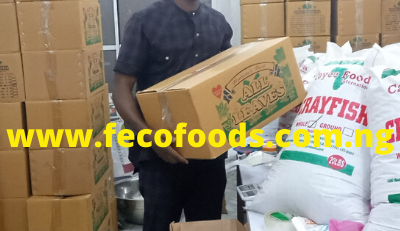
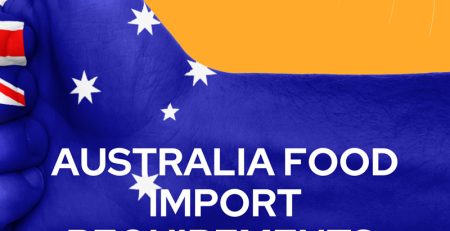
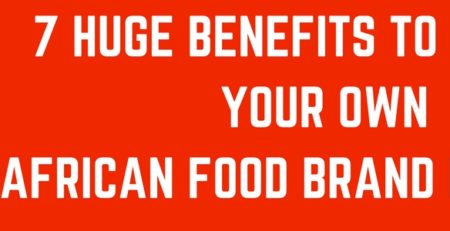




Leave a Reply
You must be logged in to post a comment.